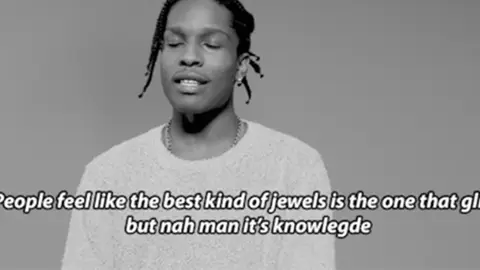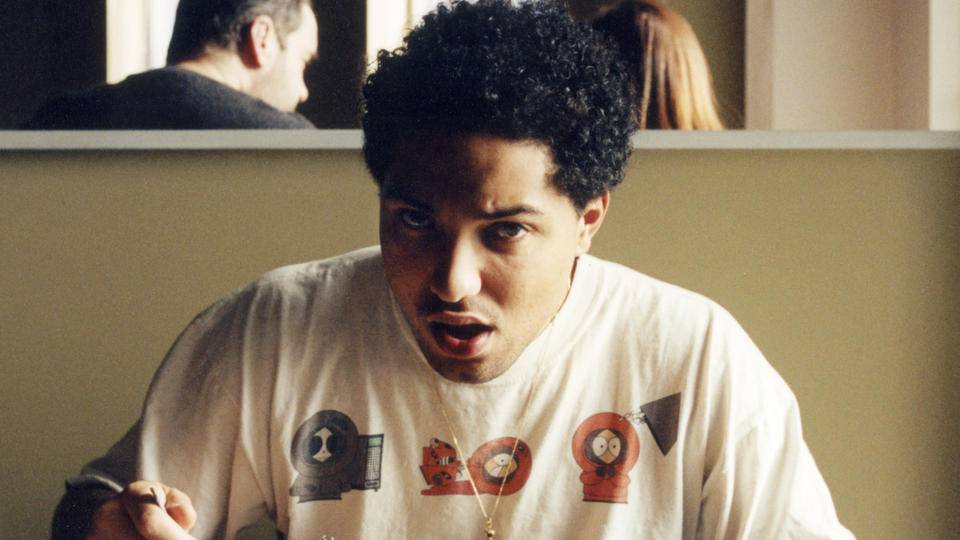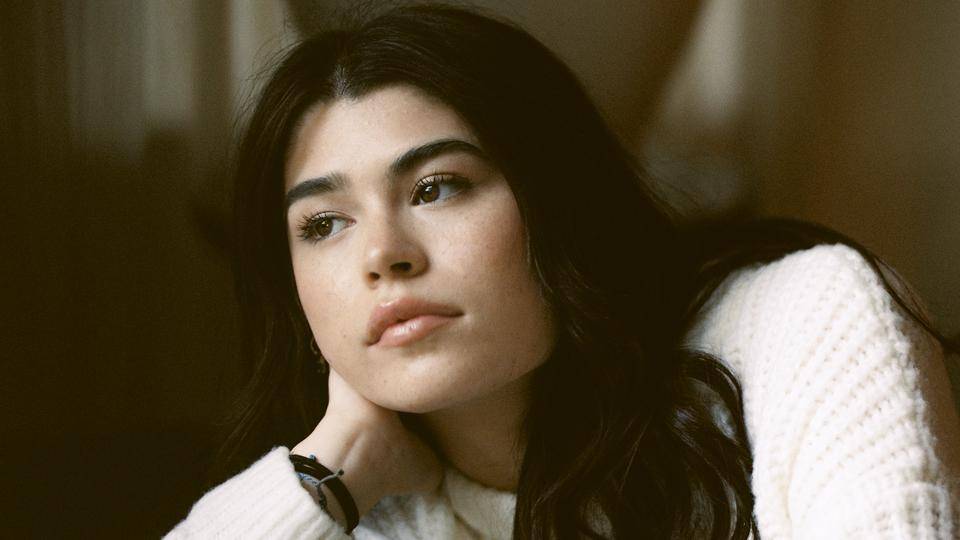Casual Reminder: Mental Health Illness Isn't ‘Cool'

Mental health is having a bit of a ‘moment’, isn’t it? From 13 Reasons Why tackling teen suicide on screen to Halsey singing about her experiences with bipolar, things are being done within pop culture to make it clear that plenty of us dealwith mental health illnesses all day,every day.
But this is where things get a little murky. Because while social media lighting up with conversation about the different types of mental health issues people are dealing with alongside positive and proactive conversations about what we can all do to de-stigmatise MHIs isso powerful and important, let’s not forget that mental health isn’t a trendeither.
'Watch! What you need to know about consent with Courtney Act...'
There’s nothing ‘cool’ about crippling anxiety that makes it hard to leave the house and go about your daily life, and there’s nothing ‘trendy’ about experiencing intrusivethoughtsthat have you picturing killing your own mum over and over and over again.
The reality is that mental health issues are messy andhard. They come in hundreds of different forms, but what unites them is that they are almost all painful, unrelenting and difficult to both experience and address: pre-diagnosis often making you feel utterly lost and alienated from even those you love the most. That’s not to say that they can’t be treated and managed – they very much can – but it takes work. 'Hard' work that isn’t as glamorous as thedramatisations of characters popping a few anti-depressants on TV and living happily ever afterwould have us believe.
According to Mind, 1 in 4 of us will experience a mental health problem this year, and while it isn’t thought that the number of us dealing with MHIs has changed significantly in recent years, the numbers do seem to suggest that more of us are reporting them. That is, we are talking about them: we are getting help, which is amazing, as it has been a long road to even start to see the taboos around mental health begin to be pulled apart.
And with mental health on our minds more and more, it’s no surprise to see that the conversations about it are finding their way into TV, movies, music and pretty much every inch of popular culture. On social media there are hashtags while the Internet is full of forums where people learning to live and treat all manner of MHIs are finding communities of support. Which is great, because there is absolutely nothing worse than feeling like you are the only person in the world dealing with these varying types of thoughts and feelings.
But there’s also something to be said for being wary when it comes to accepting depictions of mental illness in popular culture. The media has a responsibility to create content around mental health responsibly and truthfully. OCD is more than a character repeatedly washing their hands and depression is more than a character closing the curtains and getting back into bed despite the sunshine flowing through the window.
This way of approaching our mental health alsooversimplifies and confuses the important distinction that needs to be made between experiencing emotionsand having amental health illnesss.We all experience emotions. Along with joy and happiness,sadness, low moods and loneliness are all part of being human, and experiencing them temporarily doesn’t mean you have a mental health issue, no matter how many sadboy tumblr posts you might want to like in the mean time. Mental health illnesses differ in that they are diagnosable by doctors; they are an illness that needs treatment. Getting dumped or losing someone you love isn’t a mental health illness. It can exacerbate an underlying MHI or trigger it, but they themselves are not the whole issue.
As such mental health illness is hard to fully understand and equally to portray. It’s complicated and its very nature is that it isn’t clear-cut but there is something to be said for being truthful about the depth and complication of them. Having one isn’t half as romantic as Lana Del Rey’s Born to Die video might look, and by using simplistic representations of mental health illness as a temporary plot line or dramatic twist, we forget not only that mental health illnesses vary so muchfrom person to person, but that there is nothing particularly heroic or enjoyable about having to deal with one.
The tragic and troubled artist trope is one we’ve seen countless times and on screen it all seems darkly glamorous or an interesting personality quirk that’s ‘cute’. In reality it is anything but. In the past year alone we have lost both Linkin Park’s Chester Bennington and Frightened Rabbit’s Scott Hutchison to suicide, illustrating how terrible and desperate the realities of mental health illness can be.
Glamourising Scott’s final tweets is to do him a disservice. As a lyricist his words could be mistaken as poignant and almost poetic – and much of the repostingof those words online takes this angle. But doing this glosses over the deeply serious and troubling reality: they are not even a cry for help but the words of someone who feels so desperately that they’ve run out of options that that they are willing to end their own life.
When we romanticise mental illness we normalise it. We begin forget the seriousness of these illnesses and create a 'sexy'ideaof mental health illness that almost becomes desirable. We forget that the experience of mental health illness can bedifferent for everyone and we forget that for those of us who are dealing with mental health problems, there is no break from doing the work to address them when the episode ends.
And while I’m all for media and brands using their platforms to start meaningful conversations about the importance of caring for your mental health, let’s not do it for the sake of being apart of a trend. Don’t use my mental health as social currency, to make money or sell a lifestyle: make it honest and messy and unrelenting, because mental health problems are about resilience and doing not what you want to do, but have to do to get things back on track.
'For more information and support with your mental health, visit mind.org.uk.'





